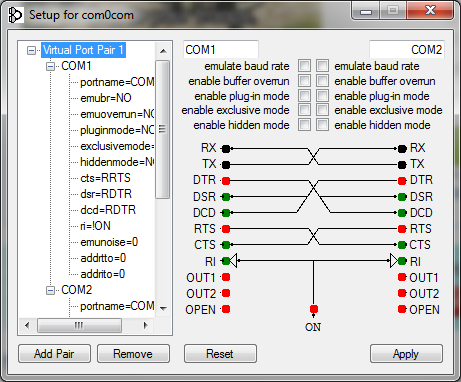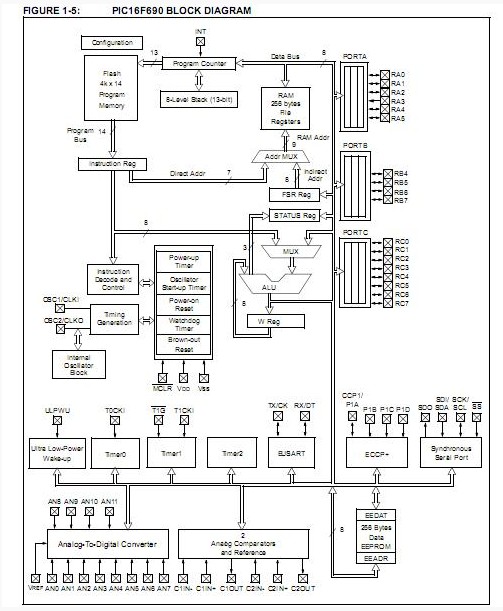
To my great delight, David Meiklejohn, the owner of Gooligum Electronics and a member of this board, had chosen to convert all of his Tutorials to XC8, and so a couple of fun filled hours later, thanks to David's readable, detailed and practical style of education, I was up and running with XC8 on MPLAB 8.x (YES MPLABX is NOT a prerequisite) and had sufficient knowledge of XC8 to be dangerous. The site had been updated since my last visit so I decided to have a look at the “Mid-Range PIC C Programming Tutorials”. The same tutorials that had got me up to speed several years ago. Fast forward to now and a friend asked for advice on getting started with PIC’s, so I showed him the excellent Tutorials at.

So given that MPLABX was a non starter, yet again, and that I didn't really need a C compiler for the 8 bit PIC’s I went back to doing some real work. I don’t have the time nor patience to spend learning yet another bloated implementation. Given that I already need to use Visual Studio, AVR Suite, MPLAB 8.x and a several less obvious IDE’s for some more esoteric devices, I already have my fill of incompatible IDE’s. I tried, I really tried, but MPLABX and I just don’t see eye to eye. As my critical PIC32 project was finally out of the door and had survived several months of field trials, I decided to bite the bullet and start porting all of my projects to MPLABX. I was under the impression (one that the Microchip web site tries its best to create) that in order to use XC8 I had to install MPLABX. I had always considered, given the scarcity of memory (both Program Flash and RAM) and the lack of a hardware Stack Pointer, that the 8 bit PIC’s in the Baseline and Midrange families should remain the preserve of Assembler, whilst conversely, given the raw MIPS (pun intended) available in the PIC32 and dsPIC lines, C was the obvious choice if you need to get a project coded before the target Chip was obsolete. When Microchip released the XC8 compiler I decided to give it a try out of curiosity. PICKit2 - Logic and UART Tools, a practical example of use.Porting C Code - Traps for Young Players.





 0 kommentar(er)
0 kommentar(er)
